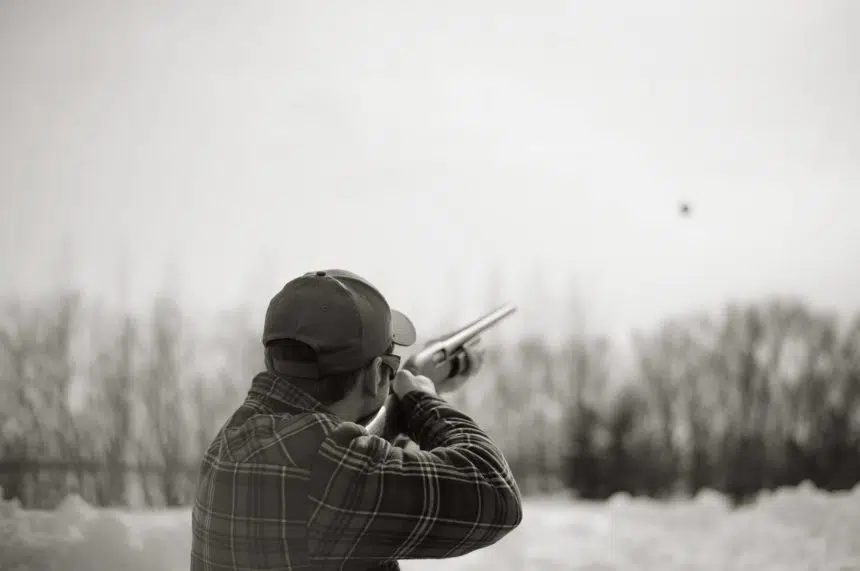The Saskatchewan Wildlife Federation (SWF) isn’t pleased with the federal decision Friday to ban certain firearms.
The ban covers 1,500 models and variants of what the federal government considers ‘assault-style’ firearms.
The SWF’s recreational firearm community chairperson, Gil White, said he knew the decision was coming, but its timing did surprise him.
“Of course, we don’t support it,” he said. “Doing it without normal parliamentary debate in the house, that’s a huge issue for us.”
White said he understands there was an opportunity for the federal government to pass one of its election promises, but there are many concerns that remain.
“How this is going to affect the taxpayer? (Government officials) have indicated they’re going to have a buyback,” he said.
That federal buyback hasn’t been announced as of yet, but under the amnesty, gun owners must keep their guns safely stored until more information is available.
White says by some estimates, the ban covers roughly 250,000 firearms, but the list may be growing.
He believes that due to the wording within the law, firearms such as 12- and 10-gauge shotguns along with hunting rifles like the 460 Weatherby could also be banned due to the strength of their joules.
“These are hunting rifles; there’s nothing military about them,” he said. “Just taking the gun away isn’t going to stop the problem.”
White said the federal buyback program’s price tag will also be steep. He estimated that could be upwards of $100 million, “if not” in the billions.
Gun shops also would be losing out, according to White. He said with the state of the world, and the COVID-19 crisis, they are already hurting financially.
White believes that Canada’s current gun laws were just fine before the federal change. His examples of tracking gun owners and how police can find out instantly if you’re a registered gun owner connect to “really good, strong” firearm laws in Canada.
White believes the money that will go to taking the now-illegal guns off the streets would be better spent addressing issues such as gangs, mental health and issues on the border where illegal guns enter the country.
— With files from the Canadian Press







